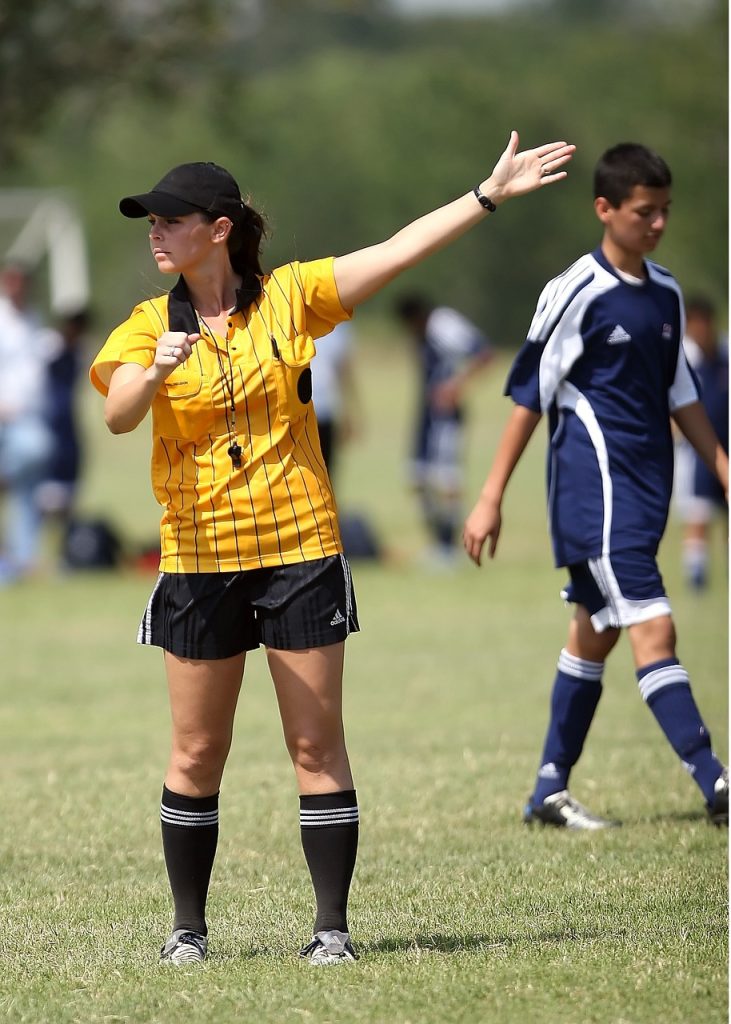In the last article we learned how to partner with our medical providers.
In this article we will further the discussion and learn how to be a patient.
Medicine, hospitals, doctors all exist for us. Imagine for a moment your healthcare is a store purchase.
Would you buy something if you did not want or need it?
Think of medical providers as if there were your own inter professional sports team. The nurses, doctors, pharmacists, therapists and social workers are positioned to offer solutions. They are here for us!
The nurses, doctors, pharmacists, therapists and social workers are positioned to offer solutions. They are here for us!
We are able to receive better care when we see health professionals as our sports team because we will be more willing to call the shots.

What does our health team need to know?
They need to understand the environment in which we live and work because it can give context and clues to our health condition. They also need to know the stressors that are in our life.
Information such as this can be key to diagnosis. For example if you have asthma, discuss the places you spend the most time and see if there might be a connection.
If you have frequent urinary tract infections, insights into foods you eat can be helpful.
Buckwheat may lead to urinary tract infections and perhaps you love to eat soba noodles. By eliminating soba noodles you may also eliminate the occurrence or frequency of urinary tract infections.
These are things to discuss with your provider. If you struggle with obesity, diabetes or other metabolic syndrome disorders, your physical environment could be a contributing factor to disease.
There have been cases where entire towns have presented with similar symptoms. This can happen when there is a local environmental concern such as a radiation plant in the city or waste that is improperly disposed of.
Providers are here to help counsel us through our decision.

Coach, what should I do?
In all sports we have coaches, track coach, football, soccer, basketball, swimming, wrestling, you name it.
Perhaps it is more helpful to think of our healthcare team as if they were the coach.
John Whitmore, was a pioneer in the executive coaching industry. He has said that coaching is unlocking a person’s potential to maximize their growth.
Think of your provider as helping you to maximize your potential for health.
The Olympics website says there is no single way to coach an athlete.
Every coach has a unique coaching style that works and that no one else can replicate.
There are some traits that are common to all great coaches.
Understand the sport
Eagerness to learn
Share knowledge
Motivational Skills
Know the athlete
Communication
Listening Skills
Discipline
Lead by example
Passion
To be able to teach you must have an in-depth understanding of the sport.
Providers spend years of study and they undergo a series of exams.
Our medical appointment is their opportunity to share their knowledge and seek understanding from us in order to maximize our health.
A successful coach is a motivator and hopefully they have a positive attitude and enthusiasm for their profession.
The coach knows their athlete. We are using athletics to help us understand how to be better patients.
In this example we as the patient are the athletes and our medical provider is the coach. We want our coach to understand us and know who we are so that they can coach us accordingly.
To do this, share information about yourself such as the environment in which you work, is it stressful or is it fulfilling. Do you work nights? what type of environment do you live in?
All of this can provide clues to your health condition and how to improve it.
Sharing who we are also ties into the next two skills of a great coach according to the Olympics website, communication and listening skills.
The final coaching example I want to cover is discipline. If we have concerns about our health then it will require that we make changes in our life to improve our health.
Ultimately we are discussing patient empowerment. Because of the years of study that a provider has it may feel intimidating to rcv a clipboard of paperwork to fill out when we go to our appts.
There are some apps and books to help us quickly get up to speed to improve our health literacy.
The Farlex Nursing Dictionary and the Epocrates apps allow you to quickly find the definition of any medical term that you hear.
Specifically, the Farlex app allows you to quickly find medical terms and Epocrates allows you to look up all drugs, including over the counter medications. You will be able to find what they are taken for, what they do in the body, different names they may go by and how they interact with other drugs.
It can even tell you if someone is not a good candidate for the drug and more.
If you are more into books than apps then you can use Taber’s Medical Dictionary and the Davis’s Drug Guide. They will provide similar info to the apps mentioned earlier.
Another good app to have is the First Aid app created by the American Red Cross. It shows what to do in medical emergencies.
You may find it helpful to review this app on occasion in order to be better prepared in the case of a medical emergencies.
People describe being in a hospital as akin to being in another country. They may feel foreign and out of place. In addition to this, when we receive health information that we don’t understand, it can impact the benefit we receive from treatment.
These apps + books can help to level the playing field for us. They can help us ask our providers better questions and help us better understand the treatment we receive.
It is best for us to think of healthcare as preventive rather than reactive.
Create a monthly routine
We can create a monthly routine one day out of each month to review our health insurance claims. During this time, we can call our insurance company if necessary.
Gather all of your explanation of benefits, medical statements and renewal documents, make sure they are completed and returned.
You need to renew your health insurance on an annual basis.
In future articles I will explain in more detail about explanation of benefits, medical statements and renewal documents.
You can add an incentive for yourself when the task is complete, perhaps you will go for a walk through your favorite park, spend time in your garden or see a movie.
You can even invite friends and once a month have a potluck together while everyone goes through their healthcare tasks and documents.
By doing this you can incorporate joy into your health routine.
To be a patient we can share the environment in which we work and live.
To be a patient we can see our medical providers as our own personal sports team.
We can use apps such as the Farlex Nursing Dictionary and Epocrates to quickly find unfamiliar terms.
The First Aid app is also useful.
As an alternative if we prefer books, there is the Taber’s Medical Dictionary and Davis’s Drug Guide.
The next time you see your healthcare provider think, coach, what should I do?
In the next article we will discuss navigating health insurance in the US.

